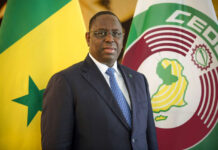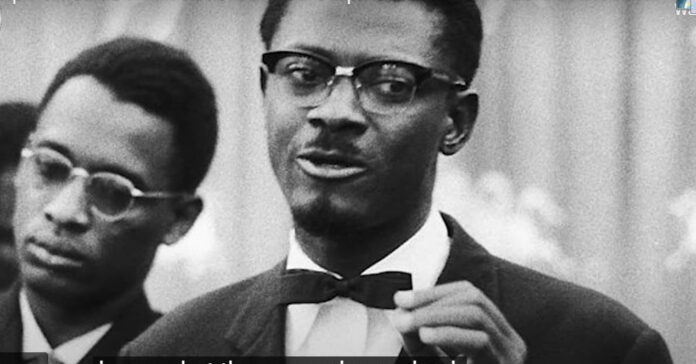The relationship between Patrice Émery Lumumba and Joseph-Désiré Mobutu stands as one of the most dramatic and tragic political transformations in African post-independence history. What began as a close alliance between two young nationalists working toward Congolese independence quickly degenerated into a betrayal that would lead to Lumumba’s downfall and assassination. This essay explores the evolution of their relationship—from partnership to enmity—and analyzes the broader implications of their political interactions.
Early Alliance and Political Collaboration
Patrice Lumumba, a passionate and charismatic leader, emerged in the late 1950s as the foremost advocate for Congolese independence from Belgian colonial rule. He founded the Mouvement National Congolais (MNC), a political party that called for a united and independent Congo. Joseph Mobutu, a young military man and former journalist, joined the MNC and quickly rose through the ranks, earning Lumumba’s trust.
The bond between Lumumba and Mobutu was initially strong. Lumumba saw Mobutu as a loyal supporter and entrusted him with significant responsibilities. In 1960, Mobutu represented Lumumba at the critical Brussels Round Table Conference, which laid the groundwork for Congo’s independence. After the Congo became independent on June 30, 1960, Lumumba was elected Prime Minister, and he appointed Mobutu as Secretary of State for National Defense, effectively placing him in control of the national army.
Breakdown of Trust and Political Betrayal
The relationship between Lumumba and Mobutu began to deteriorate rapidly amidst the political chaos that engulfed the newly independent Congo. Just weeks after independence, the country descended into crisis: mutinies in the army, secessionist movements in Katanga and South Kasai, and deep divisions between Lumumba and President Joseph Kasa-Vubu.
As tensions escalated, Mobutu’s loyalties shifted. Backed by the United States and Belgium—both of which viewed Lumumba as a dangerous radical aligned with the Soviet Union—Mobutu grew disillusioned with his former mentor. In September 1960, Mobutu staged a coup, announcing that he was “neutralizing” all politicians and taking control of the government “temporarily” to restore order. He placed Lumumba under house arrest, ending their political partnership in a swift and brutal betrayal.
Arrest and Assassination of Lumumba
The ultimate betrayal came in December 1960 when Mobutu’s forces captured Lumumba as he tried to escape to rally support in the east of the country. Mobutu handed Lumumba over to his enemies in Katanga, a breakaway region led by Moïse Tshombe and supported by Belgian mercenaries. On January 17, 1961, Lumumba was executed in Katanga under horrific conditions. Mobutu did not directly carry out the killing but played a decisive role in enabling it by arresting and transferring him to those who would.
This moment marked the transformation of Mobutu from Lumumba’s protégé to his political executioner.
Appropriation of Lumumba’s Legacy
In a striking twist of historical irony, Mobutu—who later seized full control of the country in 1965 and ruled as a dictator until 1997—attempted to co-opt Lumumba’s legacy. In 1966, Mobutu officially declared Lumumba a national hero. Many saw this move as an effort to gain popular legitimacy and suppress criticism of Mobutu’s role in Lumumba’s death.
Mobutu’s regime promoted a nationalist ideology known as Authenticité, and in doing so, he tried to align himself with anti-colonial figures like Lumumba. However, this was viewed by many Congolese and historians as a cynical political strategy rather than a sincere tribute.
Conclusion
The relationship between Patrice Lumumba and Joseph Mobutu is a powerful reflection of the turbulent early years of Congolese independence. Their bond began with mutual respect and shared goals, only to collapse under the weight of internal political crises and external Cold War pressures. Mobutu’s betrayal of Lumumba not only led to the Prime Minister’s tragic death but also ushered in a decades-long authoritarian regime under Mobutu himself. The story of Lumumba and Mobutu is thus a sobering lesson in how personal ambition, foreign intervention, and political instability can derail the hopes of a newly independent nation.












